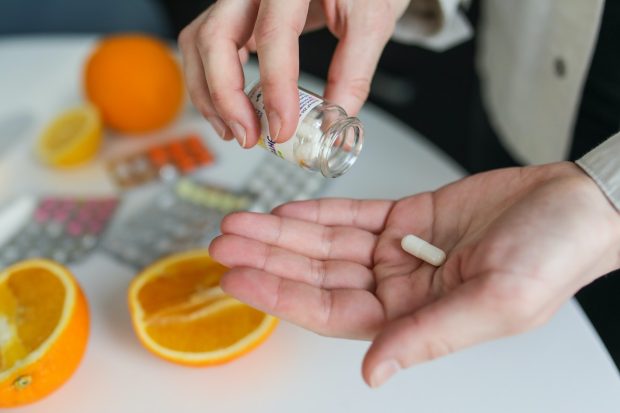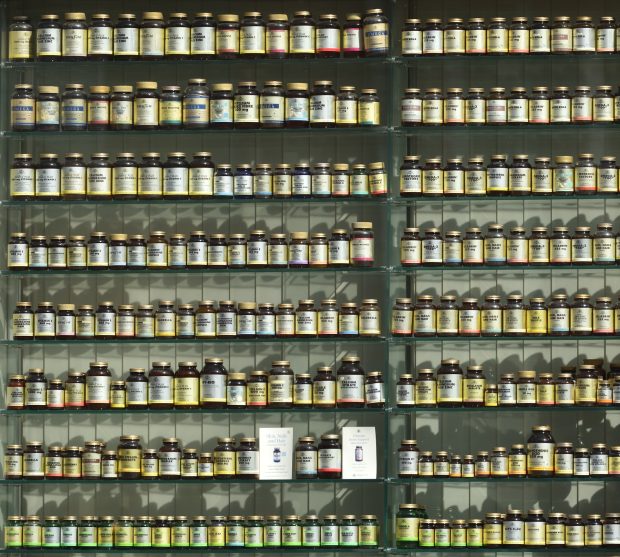
Peptides are a class of biomolecules that play an essential role in many biological processes, including muscle building, skin health, immune system regulation, and more. Understanding peptides and their uses is crucial for overall health and wellness.
What are Peptides?
Peptides are short chains of amino acids, which are the building blocks of proteins. Unlike proteins, which can have hundreds or thousands of amino acids, peptides typically have fewer than 50. They are structurally simpler than proteins, but still highly versatile and biologically active.
Peptides can be classified into different types such as dipeptides, tripeptides, tetrapeptides, and so on based on the number of amino acids present in them. They are naturally occurring substances that are found in our bodies and in many foods that we consume.
Like any building block or nutrient, the intake of peptides needs to be accurate and sufficient. A peptide calculator is an online tool that helps to determine the proper dosage of peptides based on the user’s weight and desired effect. The calculator considers the type of peptide, its concentration, and the method of administration to calculate the appropriate dosage.
How do Peptides Work in the Body?
Peptides act as signaling molecules in the body, communicating information between cells and tissues. They can bind to receptors on cells and trigger specific biological responses, such as muscle growth, collagen production, or inflammation reduction.
Peptides have diverse biological roles, they help in the regulation of various physiological processes. Many peptides act as hormones, growth factors, neurotransmitters, neuropeptides, and so on, and participate in multiple cellular activities like cell growth, differentiation, proliferation, and apoptosis.
Common Types of Peptides and Their Uses
One of the most popular peptide uses is muscle building and athletic performance. Growth hormone-releasing peptides, or GHRPs, can stimulate the release of human growth hormone (HGH) from the pituitary gland. HGH is essential for muscle growth, bone density, and overall tissue repair. By increasing HGH levels, GHRPs can help athletes build muscle and improve performance.
Another popular use of peptides is in skin care. Skin rejuvenation peptides can help stimulate collagen production, reduce fine lines and wrinkles, and improve overall skin texture and tone. Anti-inflammatory peptides can also be used to reduce redness and irritation in the skin, making them a popular choice for those with sensitive skin.
Peptides can also have a positive impact on digestive health. Digestive health peptides can help regulate gut motility and reduce inflammation in the digestive tract, making them a potential treatment option for conditions like inflammatory bowel disease (IBD) and irritable bowel syndrome (IBS).
Benefits of Using Peptides
Peptides offer numerous benefits to overall health, including improved athletic performance, anti-aging benefits, improved skin health, and immune system support.
- Improved Athletic Performance: Growth hormone-releasing peptides (GHRPs) can help athletes build muscle and improve performance.
- Anti-Aging Benefits: Skin rejuvenation peptides stimulate collagen production, reducing wrinkles, improving skin texture and tone.
- Improved Skin Health: Anti-inflammatory peptides can reduce redness and irritation in the skin, making them an ideal choice for those with sensitive skin.
- Immune System Support: Some peptides can help regulate the immune system and protect against infections.
How Are Peptides Used?
When it comes to using peptides, there are several different methods of administration to consider. These include injections, oral supplements, and transdermal patches.
Injection is one of the most common methods of peptide administration, as it allows for precise dosage and rapid absorption into the bloodstream. However, injections can be uncomfortable and may carry a higher risk of side effects.
Oral supplements are another option for those looking to incorporate peptides into their healthcare routine. While oral supplements are generally less potent than injectable peptides, they are more convenient and may be more appealing for those who don’t like needles.
Transdermal patches are yet another option for peptide administration. These patches are applied to the skin and slowly release peptides over a period of hours or days.
Regardless of the method of administration, it’s important to consider dosage and timing when using peptides carefully. It’s also crucial to consult with a healthcare professional before using peptides to ensure safe and effective use.
Potential Risks and Side Effects
While peptides have many potential benefits, there are also some risks and side effects associated with their use. Some of the most common side effects include nausea, flushing, and headaches.
There is also some concern that excessive use of peptides could lead to long-term health risks, such as organ damage or hormone imbalances. However, more research is needed in this area to fully understand the risks associated with peptide use.
Understanding peptides and their uses is important for overall health and wellness. Consult with a healthcare professional to determine if peptides may be a suitable treatment option for your specific needs. Peptides offer numerous benefits to overall health, including improved athletic performance, anti-aging benefits, improved skin health, and immune system support. It is crucial to use them responsibly under the guidance of a healthcare professional and not as a substitute for medical treatment or prescribed medications.




